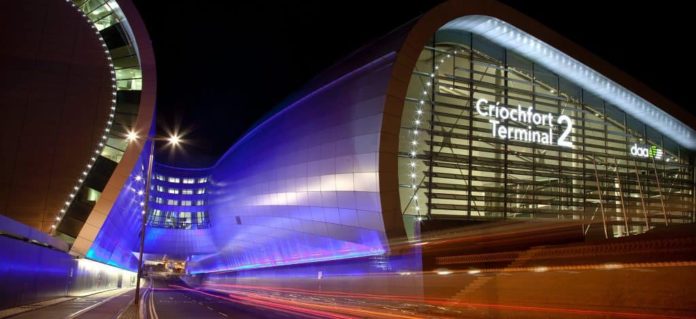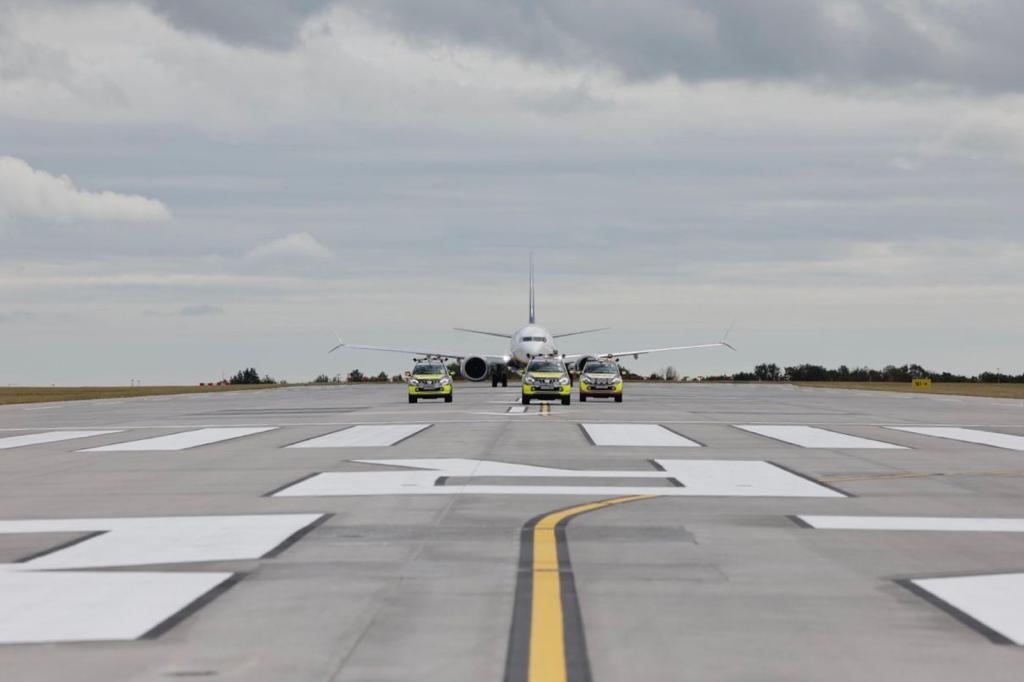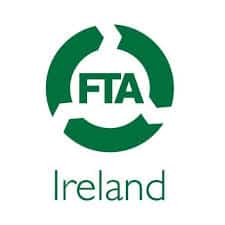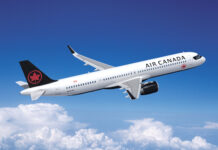
Dublin Airport restrictions – from night flight rules to passenger caps – will “stifle” Ireland’s economy and have a detrimental effect on the ability of Irish businesses to trade effectively with Britain and the rest of the world.

That is according to FTA Ireland (Freight Transport Association Ireland), the organisation which represents all sectors of the country’s wide-reaching logistics industry.

According to FTA Ireland, the long-delayed An Bord Pleanála decision, which proposes the introduction of both a noise quota system and cap on flights, will have a detrimental effect on the ability of Irish businesses to trade effectively overseas. The air cargo industry actively works with its airport partners to improve noise mitigation strategies and supports a noise quota system that will allow for responsible management of noise and growth.
And, as Aidan Flynn, CEO of FTA Ireland explains, the impact of the restrictions proposed by An Bord Pleanála will be felt in all sectors of the Irish economy:

“Dublin Airport is a key hub for our economy, providing access to the rest of the world for Irish businesses that both import and export goods as well as manufacture and distribute all the items our nation relies on every day. The integrated air cargo sector is committed to reducing noise and supports a noise quota system. The proposed restriction on night flights through Dublin Airport will limit our nation’s access to overseas markets, as well as prevent Irish businesses to undertake transactions in a seamless, profitable manner and reduce their global competitiveness.
“Flying goods into and out of the country at night ensures that the economy has all the goods it needs, ready to use, at the start of every working day, from manufacturing components to medical supplies and perishable produce. Air cargo is a critical part of the supply chain which ensures that time-sensitive goods are ready for use as and when needed.”
“The concept of ‘just in time’ deliveries ensures that businesses can plan and operate effectively, without costly delays, and air freight is a vital cog in the delivery cycle to give businesses and consumers access to everything the need. The operating conditions for Dublin’s North Runway, proposed by An Bord Pleanála, have not considered the economic implications of the decision and would create severe restrictions for Ireland’s businesses on their ability to trade effectively. Such considerations are not only important to the trading position of Ireland in the world economy but also required by international agreements to which Ireland is a Signatory,” he said.
Night flights currently make an invaluable contribution to Ireland’s economy, supporting €1.1bn in GDP and 15,000 jobs. Freight flown at night accounts for 38% of the total freight volumes at Dublin airport, and nearly two thirds of this is transported by express freight operators, primarily those shipping perishable and other time-sensitive goods.
FTA Ireland members operate within very narrow timeframes that allow them to support the country as a whole and ensure Ireland can stay competitive within the market for imports and exports. And as Mr Flynn adds, the value of these goods to the Irish economy cannot be understated:
“So many businesses rely on goods arriving at the start of the working day, facilitated by deliveries by air, which maximises productivity for thousands of businesses and individuals across Ireland. After two years of debate to reach this point, it is particularly disappointing that the message has failed to get through to policy decision makers, that without night flights for air cargo, Ireland’s economy is stymied and opportunities for overseas investment are being jeopardised. We are urging those responding to the ongoing consultation to consider the impact a negative outcome could have on the future health of the Irish economy.”
Mr Flynn said without the overnight deliveries made by air, shops and offices, factories and hospitals will be left without the critical supplies that they and their customers need every day. And without those deliveries, much of the economy would grind to a halt, while waiting for new stock or components, which would have a significant impact on the country’s productivity and profitability.”
A recent report, The Economic Impact of Cargo Night Flying at Dublin Airport by York Aviation, showed that night time flights carry around €19bn worth of imports and exports every year, including 12% of Ireland’s total imports and 6% of its exports.
Night flights are a catalyst to driving productivity in Ireland’s economy, which is estimated to generate over €1.1bn in annual GDP and supports around 15,000 jobs across the air cargo sector, as well as at the airport itself. Moving goods in the belly hold of passenger flights also has a knock-on but hidden benefit for consumers, Mr Flynn said:
“As well as ensuring that consumers and businesses have access to all the goods they need, the transportation of goods in the belly holds of passenger flights ensures that operators can keep the costs of air tickets down, since the freight is used to subsidise the cost for consumers. Both commercial and consumer flights are dependent on night time operations in order to support their business models and keep costs manageable for all concerned.”
The types of goods transported at night include critical manufacturing components, perishable produce, time sensitive medical or pharmaceutical products, financial or legal documents or other high value goods, he said.
“As it happens behind the scenes and largely out of sight, many of us do not fully appreciate the role that air freight, and night flights in particular, plays in keeping the economy moving and the country supplied with all the things we need to survive and flourish. Night flying is a critical element of Ireland’s highly complex and interconnected supply chain, which ensures that our economy can function efficiently and makes Ireland a more attractive place to do business.”




